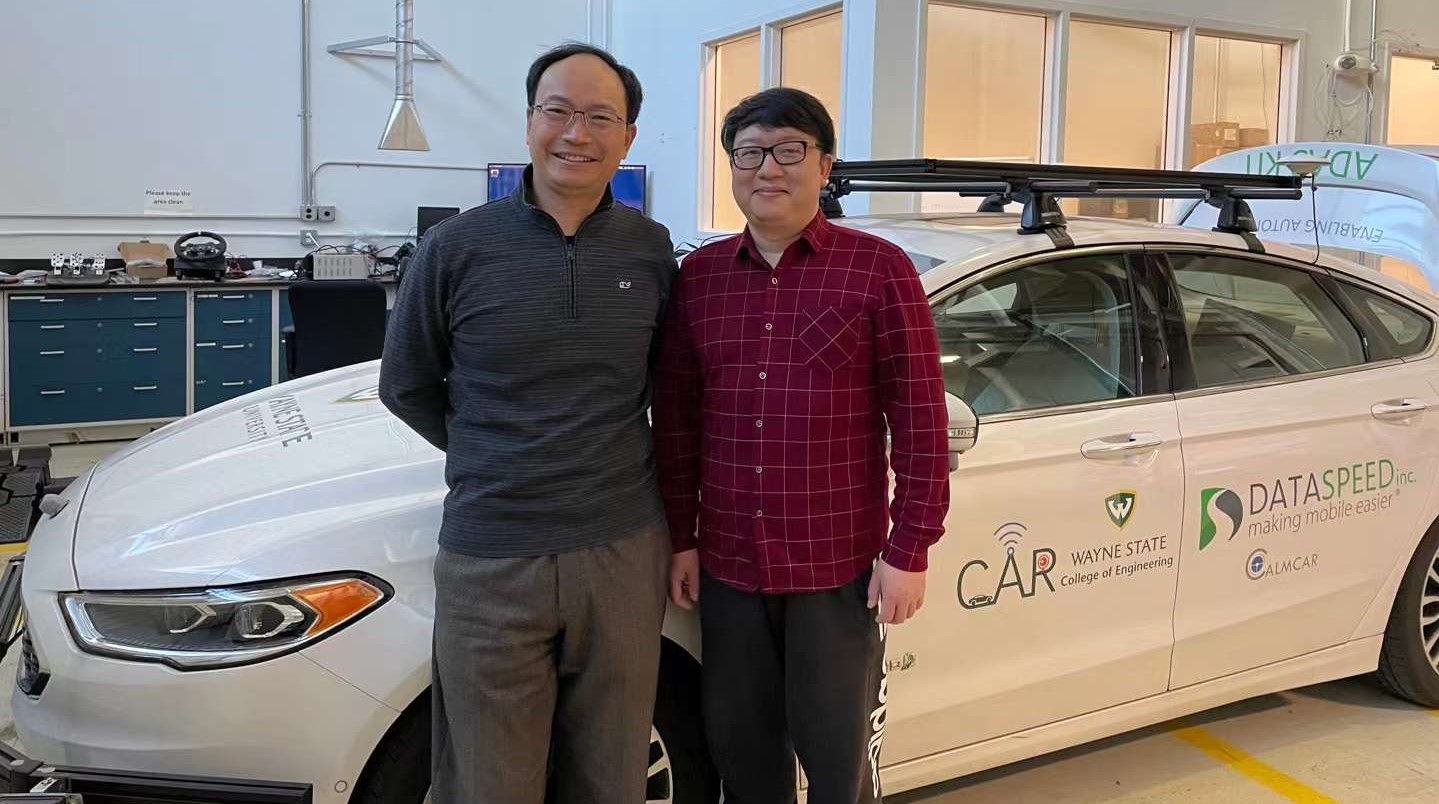Wayne State computer science researchers receive $500,000 from NSF for real-time edge computing study

For any emerging smart city with an Internet of Things (IoT) network, edge computing platforms equipped with artificial intelligence are crucial to managing high-bandwidth technologies and processing massive amounts of data in real time. However, many of the more than 10 billion active IoT devices — expected to produce more than 73 zettabytes of data by 2025 — contain safety and privacy-critical components. Edge computing is rarely used in these instances due to concerns about lower computational power, unpredictable latency and potential leakage of sensitive information when transmitting to the cloud.
“While edge computing enables devices to process data closer to where it is generated, the performance bottleneck of the whole system is transferred from the edge-cloud communication to the on-chip communication,” said Zheng Dong, assistant professor of computer science in the Wayne State University College of Engineering.
Facing architectural, scalability and security challenges of a network-on-chip system, Dong is developing a potential solution that was funded by the National Science Foundation (NSF). The three-year, $499,861 grant through NSF’s Computer and Network Systems: Core program supports a hardware and software co-design that enhances real-time collaborative computing on the edge.
Weisong Shi, professor of computer science and director of The CAR Lab at Wayne State, is a co-principal investigator on the project.
The proposed research will be evaluated with indoor and outdoor simulations using Equinox, an open-source edge server developed in The CAR Lab for connected and autonomous vehicles.
“This research will open up a new dimension of cutting-edge research and exciting education opportunities,” said Dong. “The resulting interconnect and Equinox are ready-to-use platforms that will allow experts and researchers to easily examine their designs regarding collaborative learning and real-time edge computing, thereby sealing the gap between different research fields.”
The grant number for this NSF award is 2140346.